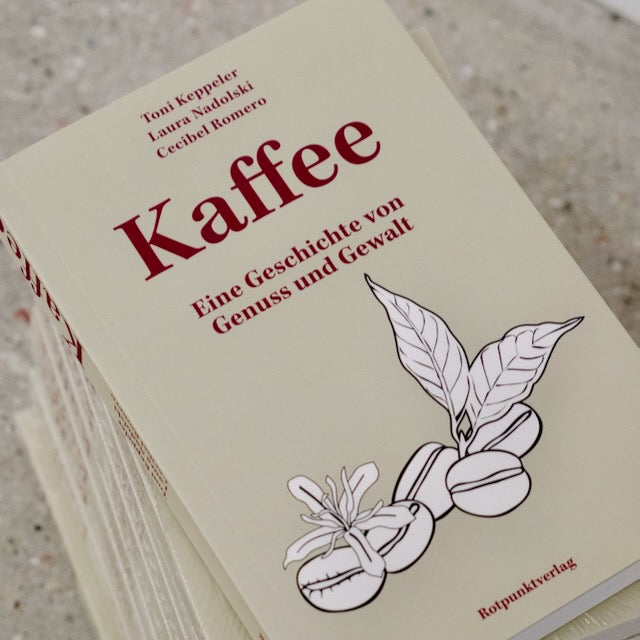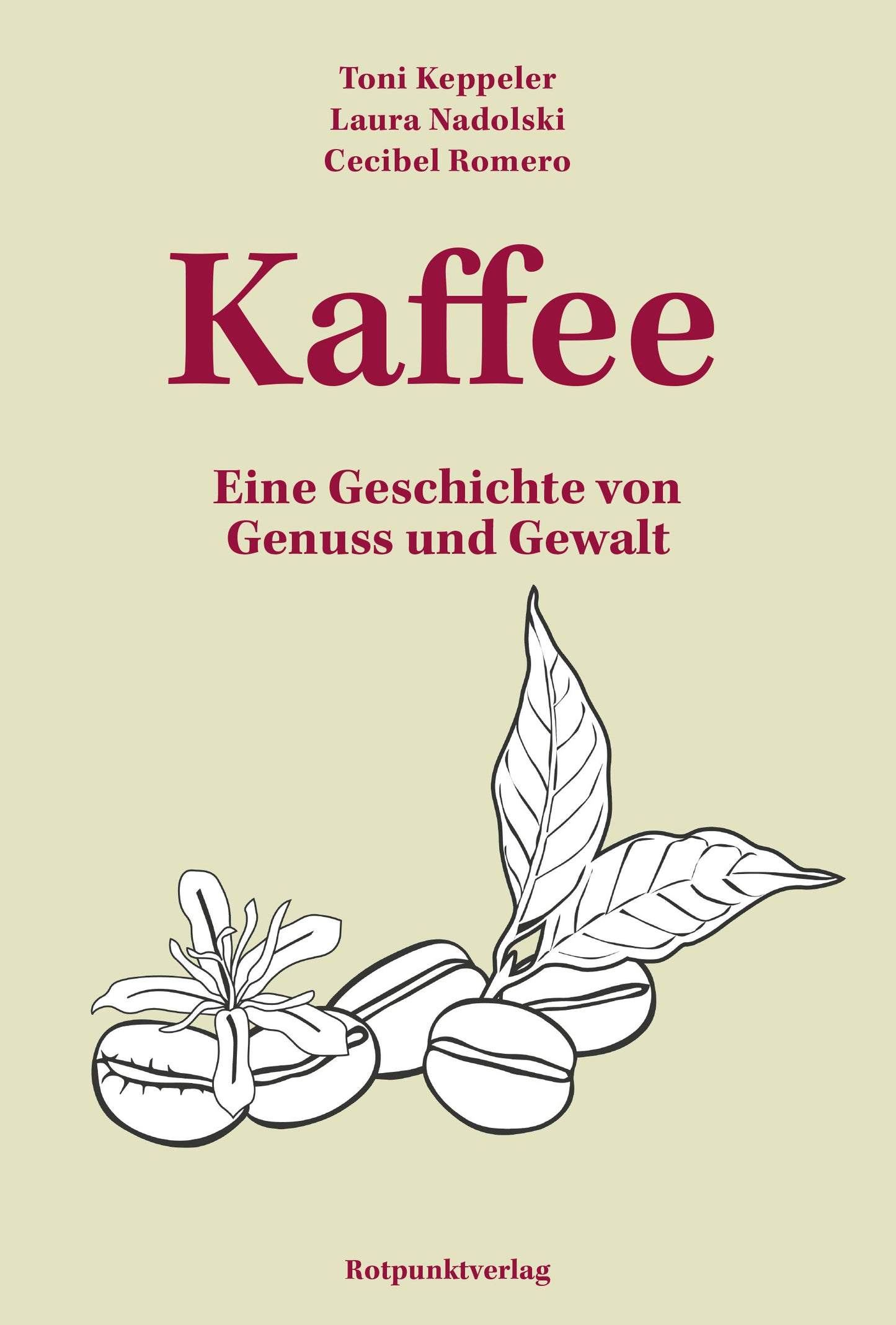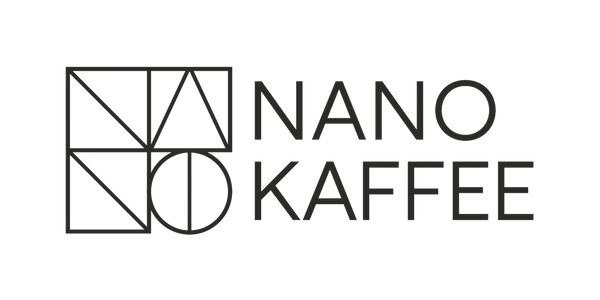COFFEE - A Story of Pleasure and Violence
COFFEE - A Story of Pleasure and Violence
Couldn't load pickup availability
Average Central Europeans drink two or three cups of coffee a day, while Northern Europeans drink even more. Hardly anyone thinks about the labor, poverty, and environmental destruction that are involved in this everyday drug. Coffee has been a colonial commodity in Europe from the very beginning and essentially still is.
This book explains the various methods of growing and preparing coffee, along with all the associated dangers to the environment.
It shows how the production of beans has contributed to climate change and why it is now threatened by it.
It tells the story of the spread of coffee from its beginnings as wild forest coffee in Ethiopia, its journey through the Arab world to Asia and across the sea to Latin America, which is now by far the most important growing region. This story has always also been a story of deforestation of rainforests, forced labor and slavery, unbridled capitalism, and violence up to genocide.
On many plantations, what is said in Latin America still holds true today: Coffee is grown in poverty.
The way it is doesn't have to be that way. The book also shows that it is possible to produce environmentally and socially sustainable coffee. This is generally much better than the mass-produced goods made under inhumane conditions.
Toni Keppeler, born in 1956, residing in Tübingen, has been reporting on Latin America for over three decades, where he spends months every year. He was a correspondent for various German-speaking media, taught journalism at the Central American University in San Salvador, and now works as a freelance journalist for Le Monde diplomatique, Frankfurter Rundschau, Wochenzeitung WOZ and SRF and was awarded the Theodor Wolff Prize for his reports, among others.
Laura Nadolski, born in 1997, is a climate and environmental scientist and collaborates on large journalistic projects. She is currently pursuing her PhD at the Max Planck Institute for Biogeochemistry in Jena.
Cecibel Romero, born in 1971, is a journalist and coffee sommelier. She produced environmentally and socially sustainable quality coffee on a small plantation for twelve years. She lives in San Salvador.
Share




